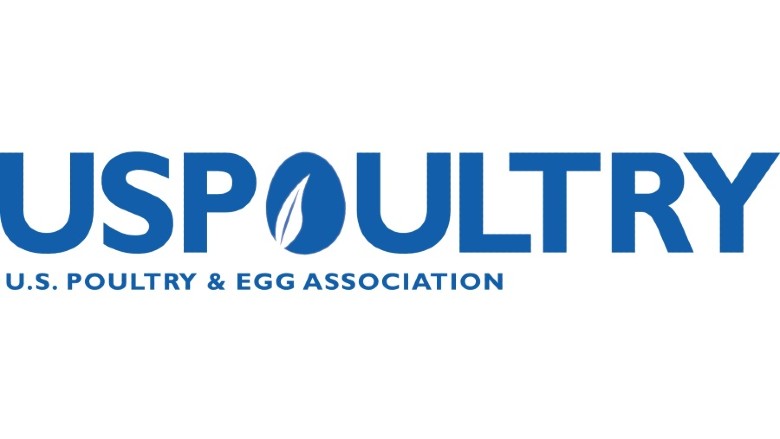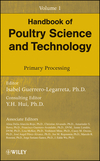Researchers evaluate methods to prevent colonization of pathogenic bacteria in the hatchery
Dr. Christine N. Vuong, Dr. Daneille Graham and others at the University of Arkansas complete a poultry-focused research project.

USPOULTRY and the USPOULTRY Foundation announce the completion of a funded research project by researchers at the University of Arkansas that evaluated treatment methods to prevent colonization of pathogenic bacteria in the hatchery. The research was made possible in part by an endowing USPOULTRY Foundaiton gift from George’s Inc. The research is part of USPOULTRY's comprehensive research program encompassing all phases of poultry and egg production and processing. In total, more than $36 million has been invested in research by the association and foundation since the 1960s. A summary of the completed project is below.
Project #F96: Realistic Multi-Species Challenge Model to Evaluate Treatment Methods Able to Prevent Colonization of Pathogenic Bacteria in the Hatching Environment - Dr. Christine N. Vuong and Dr. Daneille Graham, Poultry Science Department, University of Arkansas - Division of Agriculture, Fayetteville, Ark.
Vuong, Graham and others at the University of Arkansas completed a research project that developed a laboratory challenge model adequate for testing products to control the microbial bloom in the hatch cabinet and promote colonization by beneficial microbes in neonatal chicks. Results showed that the lab challenge model developed can be used by investigators to assess alternatives to formaldehyde fumigation in a laboratory setting prior to evaluation on a commercial scale. Additionally, these results suggest that advantageous microorganisms applied during late embryogenesis, either into the hatch cabinet environment or by in ovo injection into the amnion, can promote colonization by favorable microorganisms and may improve performance.
The research summary is available on the USPOULTRY website. Information on other association research may also be obtained by visiting the USPOULTRY website.
Source: U.S. Poultry & Egg Association
Looking for a reprint of this article?
From high-res PDFs to custom plaques, order your copy today!




